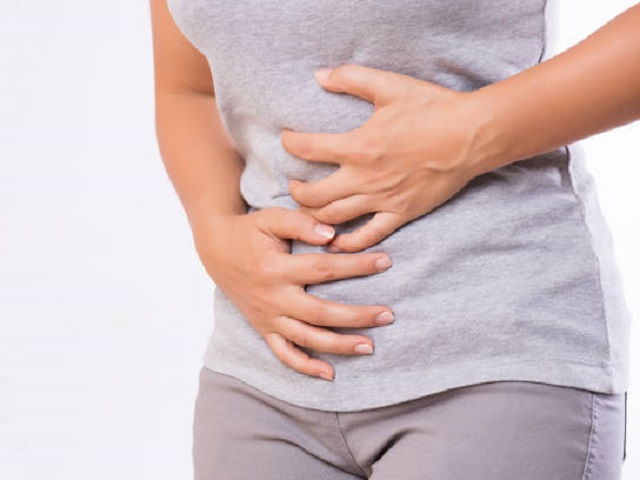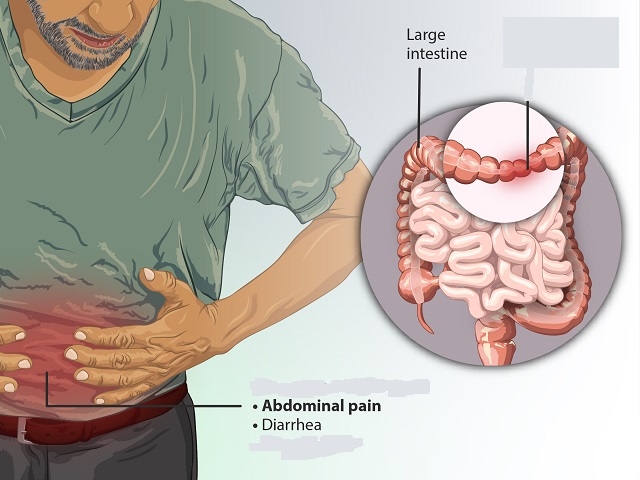8 Signs You May Have Gastritis -- Symptoms, Causes, Effects, Treatment and Prevention
Gastritis refers to the inflammation of the lining of the stomach. It can be acute, occurring suddenly and lasting for a short period, or chronic, which is a long-term condition. Gastritis can cause various symptoms and discomfort in the upper abdomen.
Symptoms of Gastritis
The symptoms of gastritis may include:
- Abdominal pain: A dull or burning pain in the upper abdomen.
- Nausea and vomiting: Feeling nauseous or vomiting may occur.
- Loss of appetite: A decreased desire to eat or a feeling of early fullness.
- Indigestion: Bloating, burping, and a sense of discomfort after eating.
- Belching: Excessive belching or burping.
- Heartburn: A burning sensation in the chest or throat.
- Black, tarry stools: In some cases, there may be blood in the stool.
- Fatigue: Feeling tired or lacking energy.
Diagnosis of Gastritis
Diagnosing gastritis typically involves a combination of medical history, physical examination, and diagnostic tests. The healthcare provider may:
- Ask about symptoms, medical history, and dietary habits.
- Perform a physical examination to assess abdominal tenderness.
- Order diagnostic tests such as blood tests to check for infection or anemia, stool tests to detect the presence of blood, or endoscopy to examine the stomach lining.
Causes of Gastritis
Gastritis can be caused by various factors, including:
- Helicobacter pylori infection: This bacterium is a common cause of gastritis and can be transmitted through contaminated food or water.
- Nonsteroidal anti-inflammatory drugs (NSAIDs): Regular use of NSAIDs like aspirin or ibuprofen can irritate the stomach lining and lead to gastritis.
- Excessive alcohol consumption: Alcohol can irritate and inflame the stomach lining, causing gastritis.
- Stress: Prolonged stress or severe trauma can contribute to the development of gastritis.
- Autoimmune disorders: In some cases, the body's immune system mistakenly attacks the stomach lining, leading to gastritis.
Effects of Gastritis
Gastritis can have various effects, including:
- Discomfort and pain: Gastritis can cause ongoing abdominal pain and discomfort.
- Digestive issues: Indigestion, bloating, and belching can disrupt normal digestion.
- Malnutrition: Chronic gastritis may interfere with nutrient absorption, leading to deficiencies.
- Peptic ulcers: Severe gastritis can increase the risk of developing peptic ulcers in the stomach or small intestine.
- Increased risk of stomach cancer: Long-standing gastritis caused by H. pylori infection can increase the risk of developing stomach cancer.
Treatment of Gastritis
The treatment of gastritis depends on the underlying cause and severity of symptoms. It may involve:
- Medications: Acid-reducing medications, such as proton pump inhibitors (PPIs) or H2 blockers, may be prescribed to reduce stomach acid and promote healing.
- Antibiotics: If H. pylori infection is detected, a combination of antibiotics may be prescribed to eradicate the bacteria.
- Lifestyle modifications: Making changes to the diet, avoiding irritants like alcohol and NSAIDs, and managing stress can help alleviate symptoms and promote healing.
- Symptom management: Over-the-counter antacids or medications to reduce nausea may provide temporary relief.
- Treatment of underlying conditions: If gastritis is secondary to another condition, such as an autoimmune disorder, treating the underlying condition may help manage gastritis.
Prevention of Gastritis
To prevent gastritis or reduce its risk, consider the following measures:
- Practice good hygiene: Wash hands thoroughly before meals and after using the restroom to reduce the risk of H. pylori infection.
- Limit or avoid NSAIDs: If possible, avoid or limit the use of nonsteroidal anti-inflammatory drugs. If necessary, use them in moderation and under medical supervision.
- Manage stress: Implement stress-management techniques such as exercise, relaxation exercises, or counseling to minimize stress levels.
- Drink alcohol in moderation: Limit alcohol consumption to reduce the risk of gastritis and other digestive issues.
- Eat a healthy diet: Include a variety of fruits, vegetables, whole grains, and lean proteins in your diet to promote stomach health.
It's important to consult a healthcare professional for an accurate diagnosis, individualized treatment plan, and guidance on managing gastritis.
References:
National Institute of Diabetes and Digestive and Kidney Diseases. (2018). Gastritis. Retrieved from https://www.niddk.nih.gov/health-information/digestive-diseases/gastritis
Mayo Clinic. (2021). Gastritis. Retrieved from https://www.mayoclinic.org/diseases-conditions/gastritis/symptoms-causes/syc-20355807














